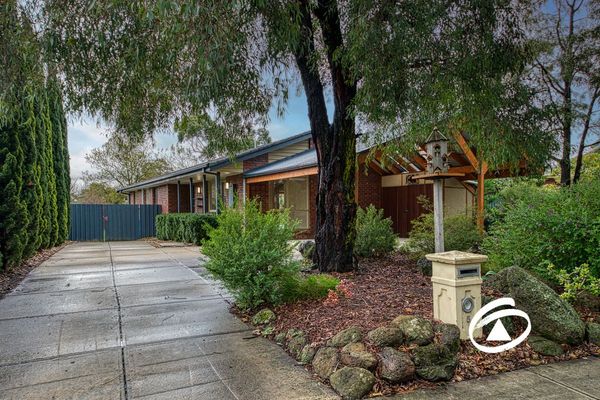A GUIDE FOR RENTAL PROVIDERS IN VICTORIA
Familiarise Yourself with Residential Tenancy Laws
Victoria follows the Residential Tenancies Act 1997, which outlines the rights and responsibilities of both Rental Providers and Renters.
Take the time to thoroughly read and understand the legislation to ensure compliance and avoid legal complications.
Non-Discrimination and Fair Practices
Under Australian Law, it is illegal to discriminate against potential Renters based on their age, gender, race, religion, disability, or family status.
Treat all applicants equally and make decisions based on their suitability as Renters.
Tenancy Agreements
A Tenancy Agreement is a legally binding contract between a Rental Provider and their Renter.
Ensure that the agreement includes key details such as the rent amount, payment due dates, length of the tenancy, and any specific terms or conditions. It's advisable to use the standard Residential Tenancy Agreement provided by Consumer Affairs Victoria.
 For Lease - 5 Gifford Close, Berwick
For Lease - 5 Gifford Close, Berwick
Rent and Bond
A Rental Provider has the right to set a fair rental price, but it must be in line with the market value.
Additionally, a bond can be requested (security deposit) of up to one month's rent. This bond serves as protection against any potential damage or unpaid rent but must be lodged with the Residential Tenancies Bond Authority (RTBA) within 10 days of receiving it.
Repairs and Maintenance
As a Rental Provider, you are responsible for ensuring that the property is maintained in a habitable condition. Promptly address any repairs or maintenance issues reported by the Renter.
It is advisable to have a written record of such requests and the actions taken to resolve them.
First National Real Estate Neilson Partners have a dedicated Maintenance Department to directly handle all maintenance requests. We will take care of your property maintenance requirements and our qualified professionals and reliable tradespeople will meet your property needs.
Privacy and Entry
Respect your Renter's privacy rights by providing reasonable notice before entering the rental property. Except in emergencies, you must give at least 24 hours notice and can only enter at reasonable times, typically during daylight hours.
 Image: 10 Keating Street, Pakenham
Image: 10 Keating Street, Pakenham
Rental Increases
Rent increases are allowed, but they must comply with legal requirements.
In Victoria, you must give your Renter at least 60 days' notice before implementing a rental increase. Ensure the proposed increase aligns with market rates and is reasonable.
Ending a Tenancy
Both Rental Providers and Renters have rights when it comes to ending a tenancy. Provide the appropriate notice period as specified by the Tenancy Agreement or legislation.
Be aware of the circumstances in which you can terminate a tenancy early and follow the correct legal procedures.
Dispute Resolution
In case of disputes, it's essential to maintain open communication with your Renter.
If issues cannot be resolved amicably, both parties can seek assistance from the Victorian Civil and Administrative Tribunal (VCAT) to mediate the dispute and make a legally binding decision.
Seek Professional Advice
If you are uncertain about any aspect of Renter rights or feel overwhelmed, consider seeking legal advice or speaking to one of Neilson Partners many property management professionals specialising in residential rentals. They can provide guidance specific to your situation and help you navigate any legal complexities.







